Aryeh Neier
Aryeh Neier, President Emeritus of the Open Society Foundations and a founder of Human Rights Watch, is author of The International Human Rights Movement: A History (Princeton University Press, 2012).
-
Putin’s Brezhnev Moment
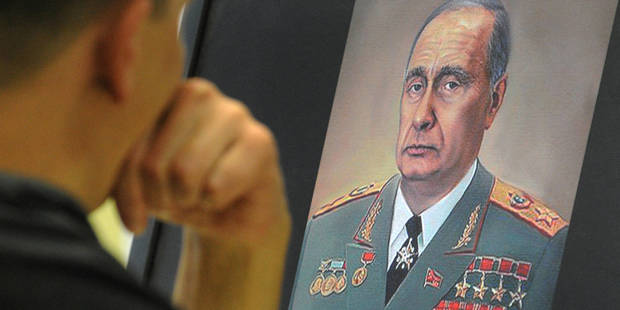
Putin’s Brezhnev Moment
Feb 3, 2023 Aryeh Neier draws parallels between the regime’s ongoing crackdown on civil society and late Soviet repression.
-
Russians’ Collective Responsibility for Putin’s War
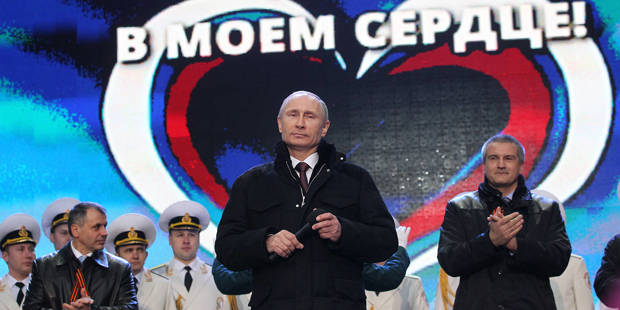
Russians’ Collective Responsibility for Putin’s War
Mar 29, 2022 Aryeh Neier argues that Western sanctions are appropriate even if they primarily affect ordinary people.
-
The Passing of Russia's First Dissident Generation
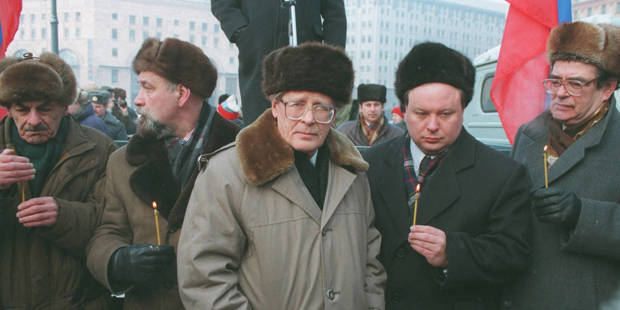
The Passing of Russia's First Dissident Generation
Aug 25, 2021 Aryeh Neier remembers the life and work of the pioneering Soviet dissident Sergei Adamovich Kovalev, who died this month.
-
An Interview with Aryeh Neier
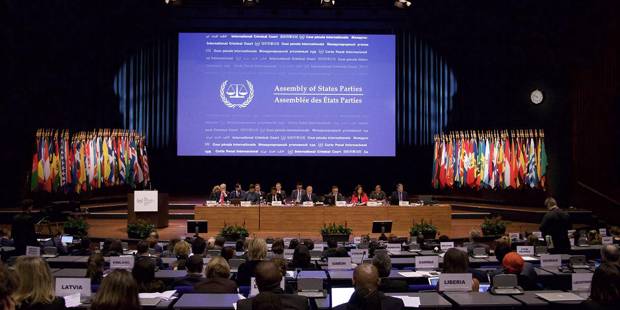
An Interview with Aryeh Neier
Feb 26, 2020 Aryeh Neier suggests how the International Criminal Court can strengthen its impact, highlights violence and official discrimination against Muslims in India, and names several unsung heroes of the global human-rights movement.
-
China’s Great Leap into Epidemic
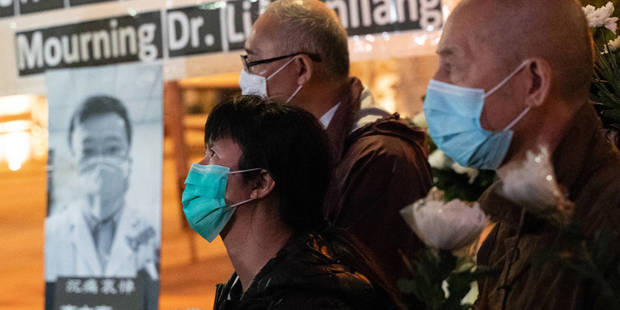
China’s Great Leap into Epidemic
Feb 20, 2020 Aryeh Neier highlights the link between suppression of free speech and public-health crises like the new coronavirus.








